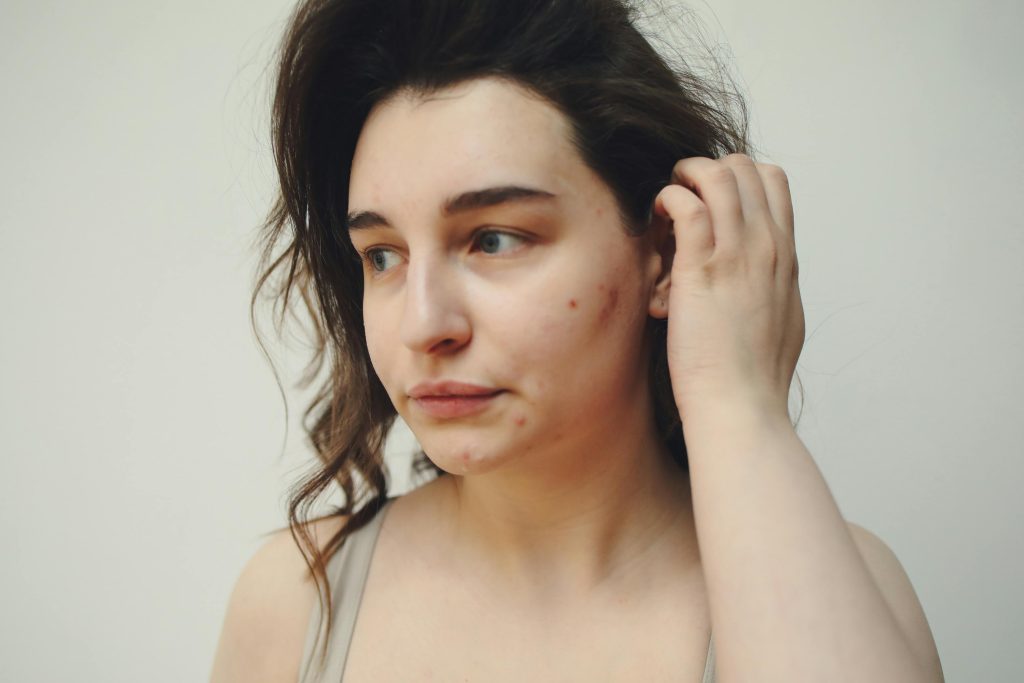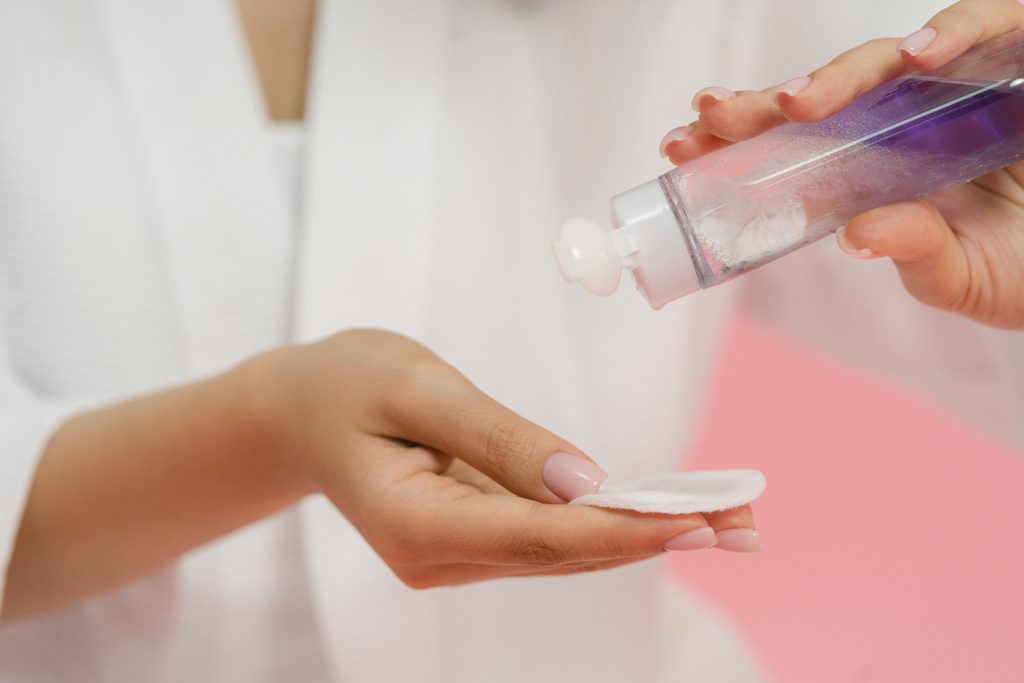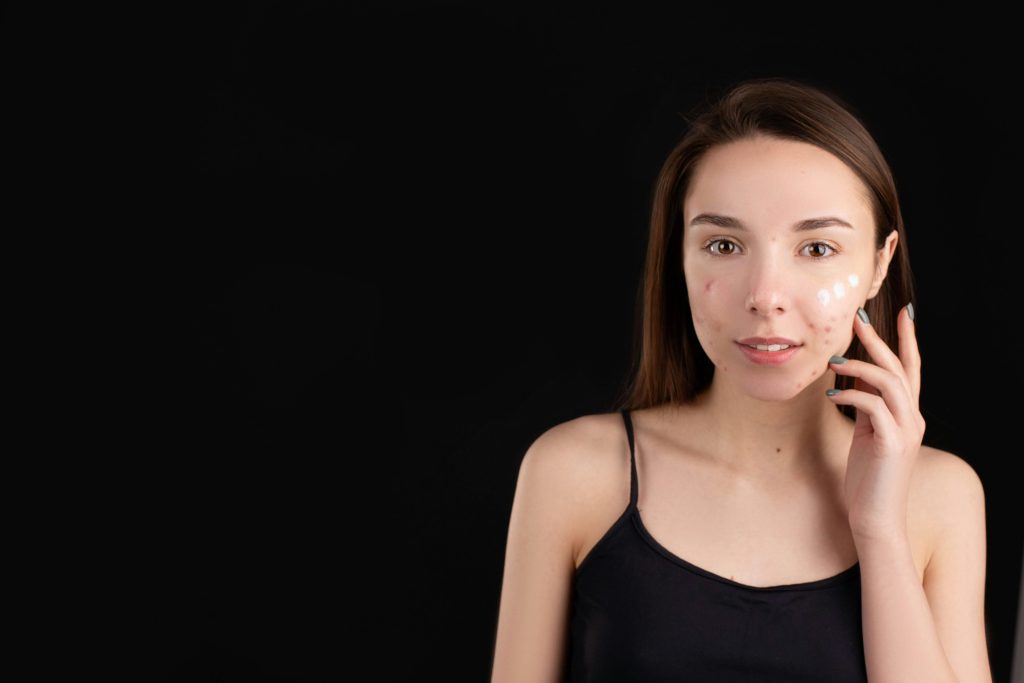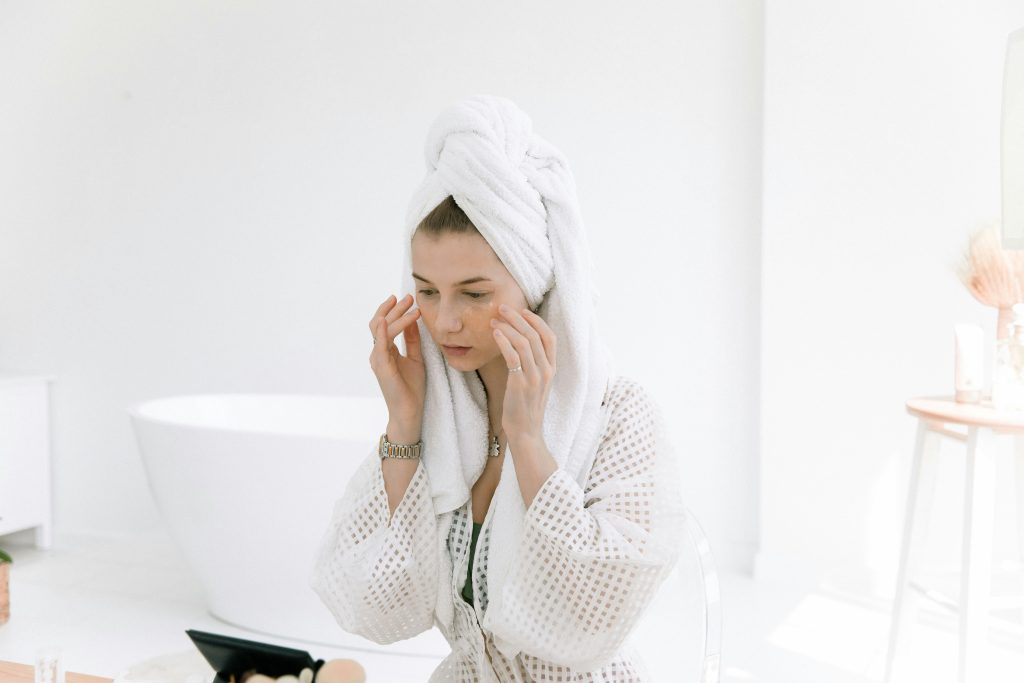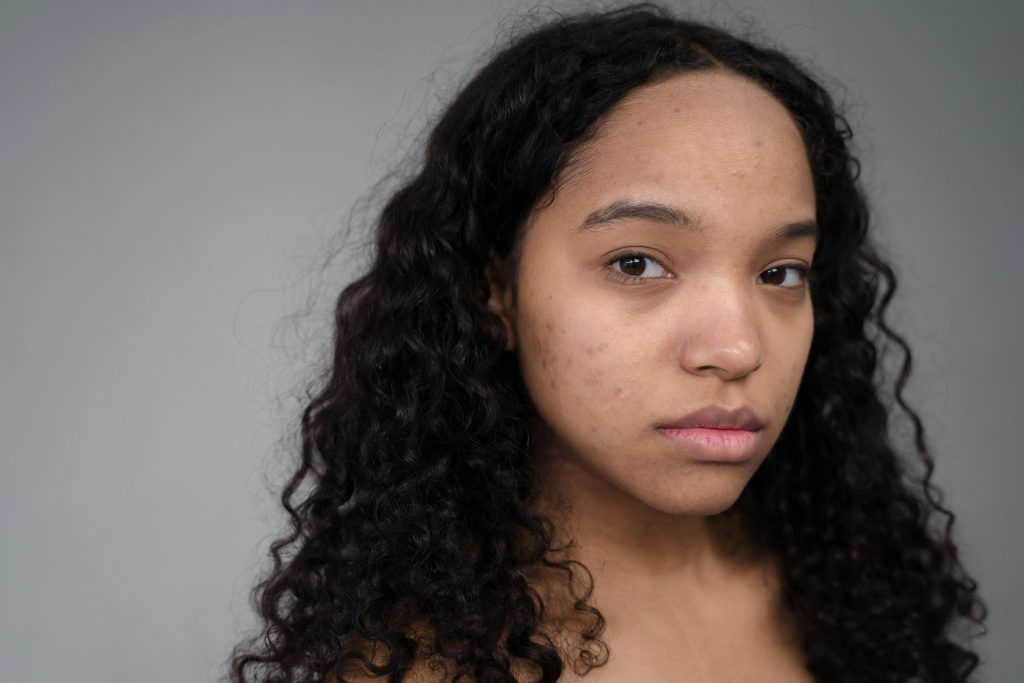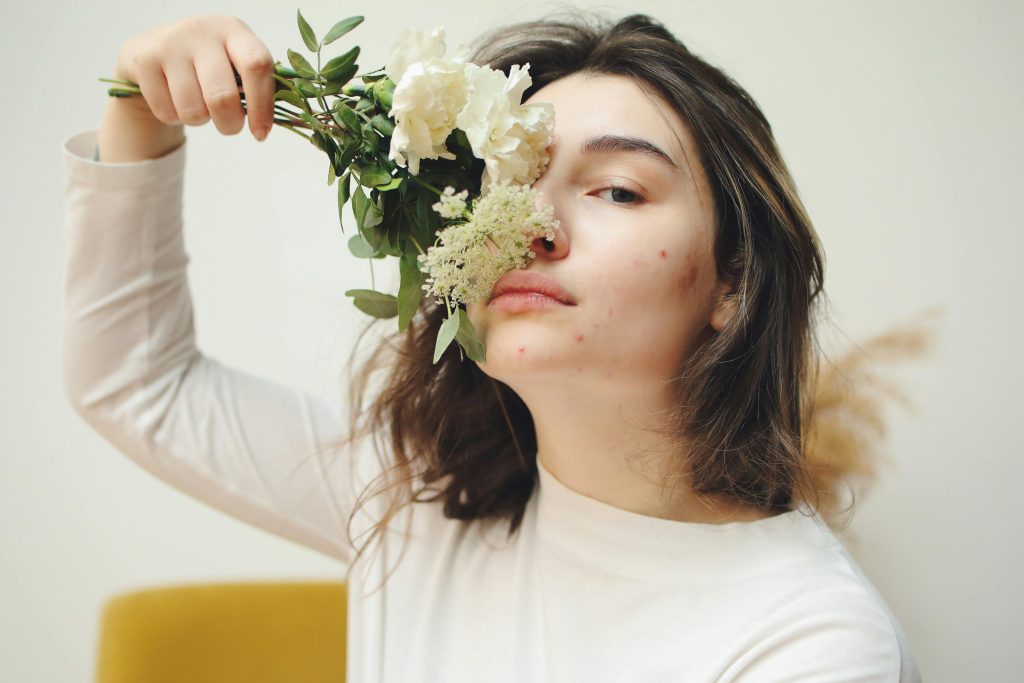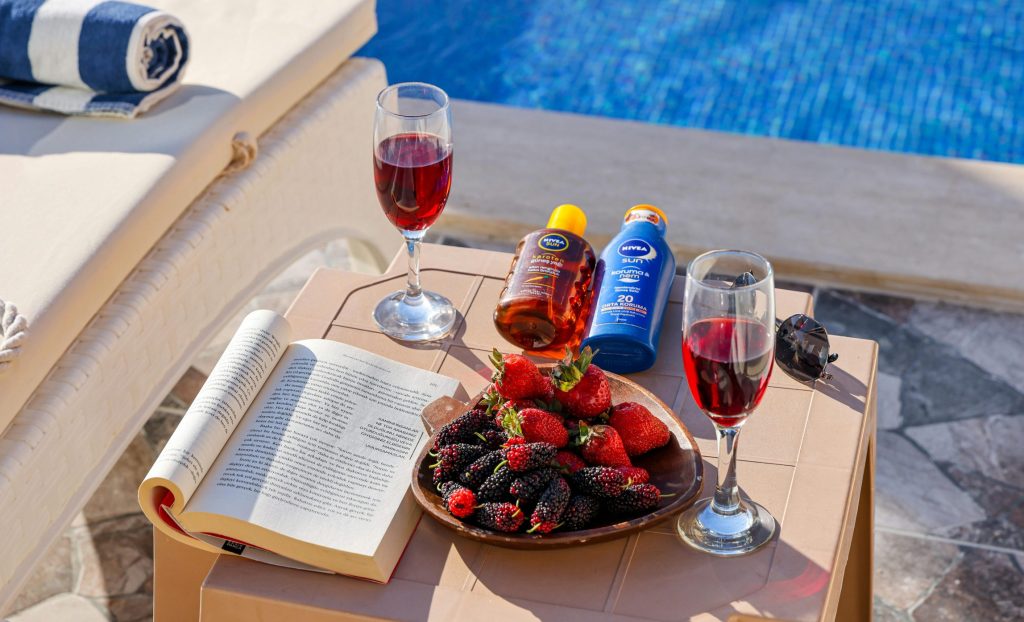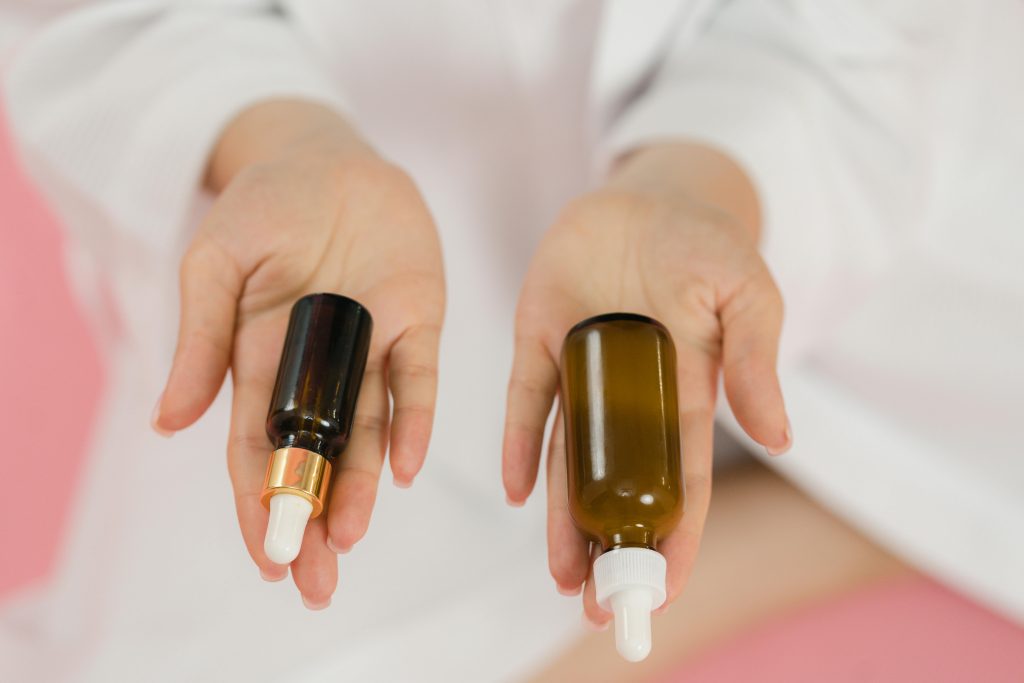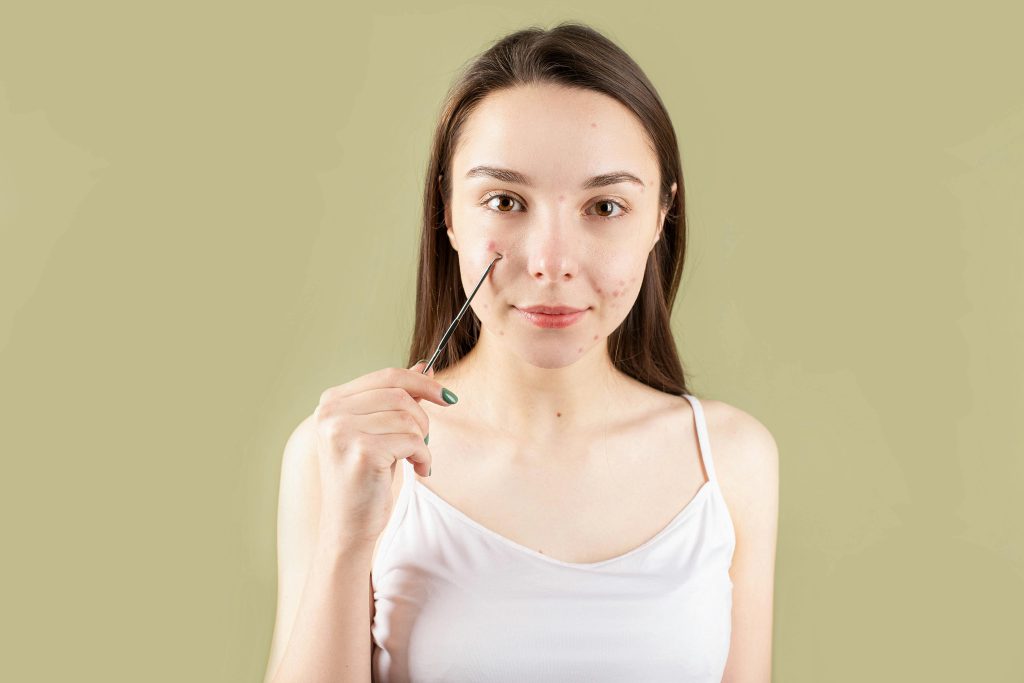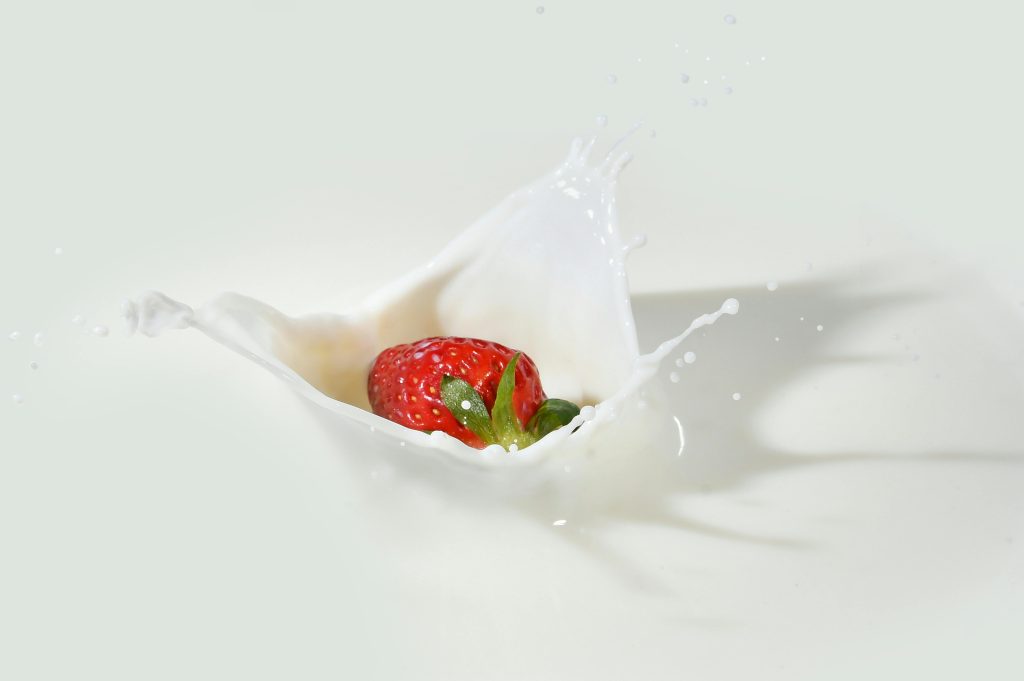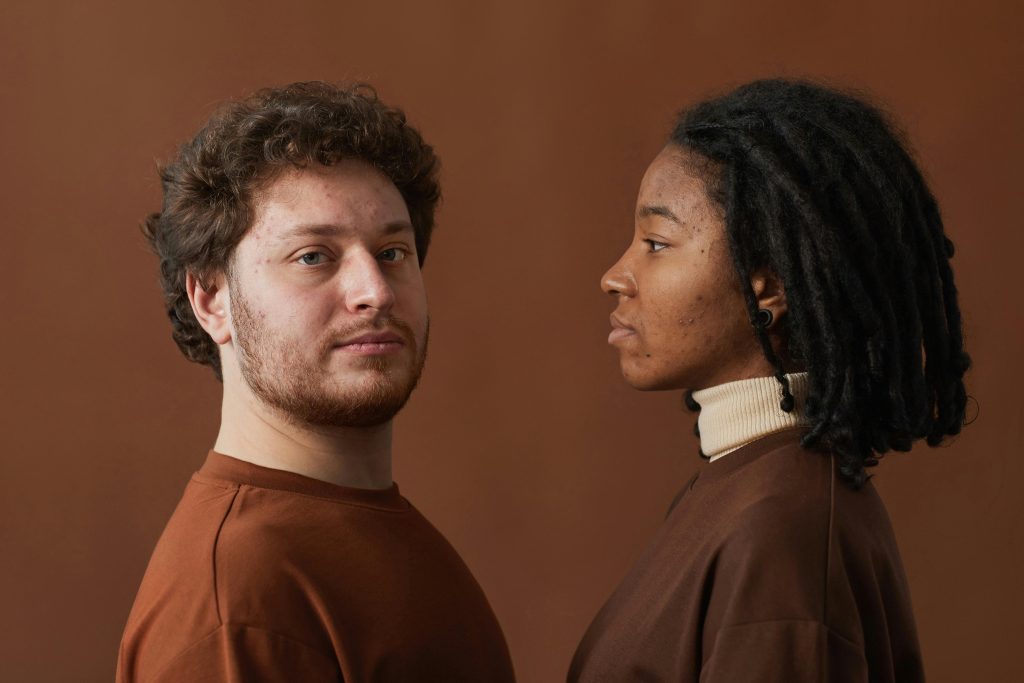
The Complete Acne Treatment Guide: Acne-Focused Skincare
Acne is one of the most common skin concerns, affecting people of all ages. Whether you’re dealing with occasional breakouts or persistent acne, it can be frustrating to manage.
In this complete guide, we will explore the causes of acne, dermatologist-approved treatments, home remedies, lifestyle tips, and preventive measures.
This guide will empower you with the knowledge to make informed decisions and achieve clearer, healthier skin.
What Causes Acne?
Acne occurs when hair follicles become clogged with oil, dead skin cells, and bacteria. Factors that can trigger or worsen acne include:
📍 Hormonal changes (puberty, menstruation, pregnancy)
📍 Genetics
📍 Stress
📍 Diet (high glycemic foods, dairy)
📍 Certain medications
📍 Using comedogenic skincare products
Types of Acne
It’s essential to identify the type of acne you’re dealing with to choose the most effective treatment:
📍 Whiteheads: Small, white bumps caused by clogged pores.
📍 Blackheads: Open, darkened pores filled with excess oil.
📍 Papules: Small, red, tender bumps.
📍 Pustules: Pimples containing pus, often red at the base.
📍 Nodules: Large, painful lumps under the skin.
📍 Cysts: Deep, painful, pus-filled lesions.
Dermatologist-Approved Acne Treatments
Dermatologists recommend various treatments depending on the severity of your acne:
Over-the-Counter Treatments
💠 Benzoyl Peroxide: Reduces bacteria and decreases oil production.
💠 Salicylic Acid: Exfoliates to unclog pores.
💠 Alpha Hydroxy Acids (AHAs): Help to remove dead skin cells.
💠 Sulfur: Absorbs excess oil and unclogs pores.
Prescription Treatments
💠 Topical Retinoids: Promote cell turnover and reduce inflammation.
💠 Oral Antibiotics: Combat bacterial infection and inflammation.
💠 Oral Contraceptives: Regulate hormones to reduce breakouts.
💠 Isotretinoin: A potent treatment for severe cystic acne.
Professional Procedures
💠 Chemical Peels: Remove dead skin and reduce acne scars.
💠 Laser Therapy: Targets bacteria and reduces inflammation.
💠 Extraction: Manually removing blackheads and whiteheads.
Natural and Home Remedies
Some natural treatments can complement your acne-fighting routine:
✅ Tea Tree Oil: Has antibacterial properties.
✅ Aloe Vera: Soothes and reduces inflammation.
✅ Green Tea Extract: Reduces sebum production.
✅ Honey: Natural antibacterial and soothing properties.
Lifestyle Tips for Clear Skin
✅ Maintain a Consistent Skincare Routine: Cleansing, exfoliating, moisturizing, and sun protection.
✅ Dietary Considerations: Limit sugar and dairy, increase omega-3 intake.
✅ Stress Management: Practice relaxation techniques to reduce breakouts.
✅ Hydration: Drink plenty of water to support skin health.
Acne Prevention Tips
✅ Use non-comedogenic skincare products.
✅ Avoid touching your face frequently.
✅ Change pillowcases and towels regularly.
✅ Remove makeup before sleeping.
FAQs
- Can diet affect acne?
Yes, high-glycemic foods and dairy may contribute to breakouts.
- Is it safe to pop pimples?
No, popping pimples can lead to scarring and worsen inflammation.
- How long does it take for acne treatments to work?
It can take 4-12 weeks to see significant improvements.
- Can acne be permanently cured?
While acne can be managed effectively, it may recur, especially due to hormonal changes.
- Are natural remedies as effective as prescription treatments?
Natural remedies can complement treatments, but are usually less effective for severe acne.
Conclusion
Managing acne requires a comprehensive approach, from choosing the right treatments to making lifestyle adjustments.
By following dermatologist-approved methods and adopting preventive measures, you can effectively control acne and maintain healthier skin.
Remember, consistency is key, and consulting a dermatologist for persistent or severe acne is essential.

